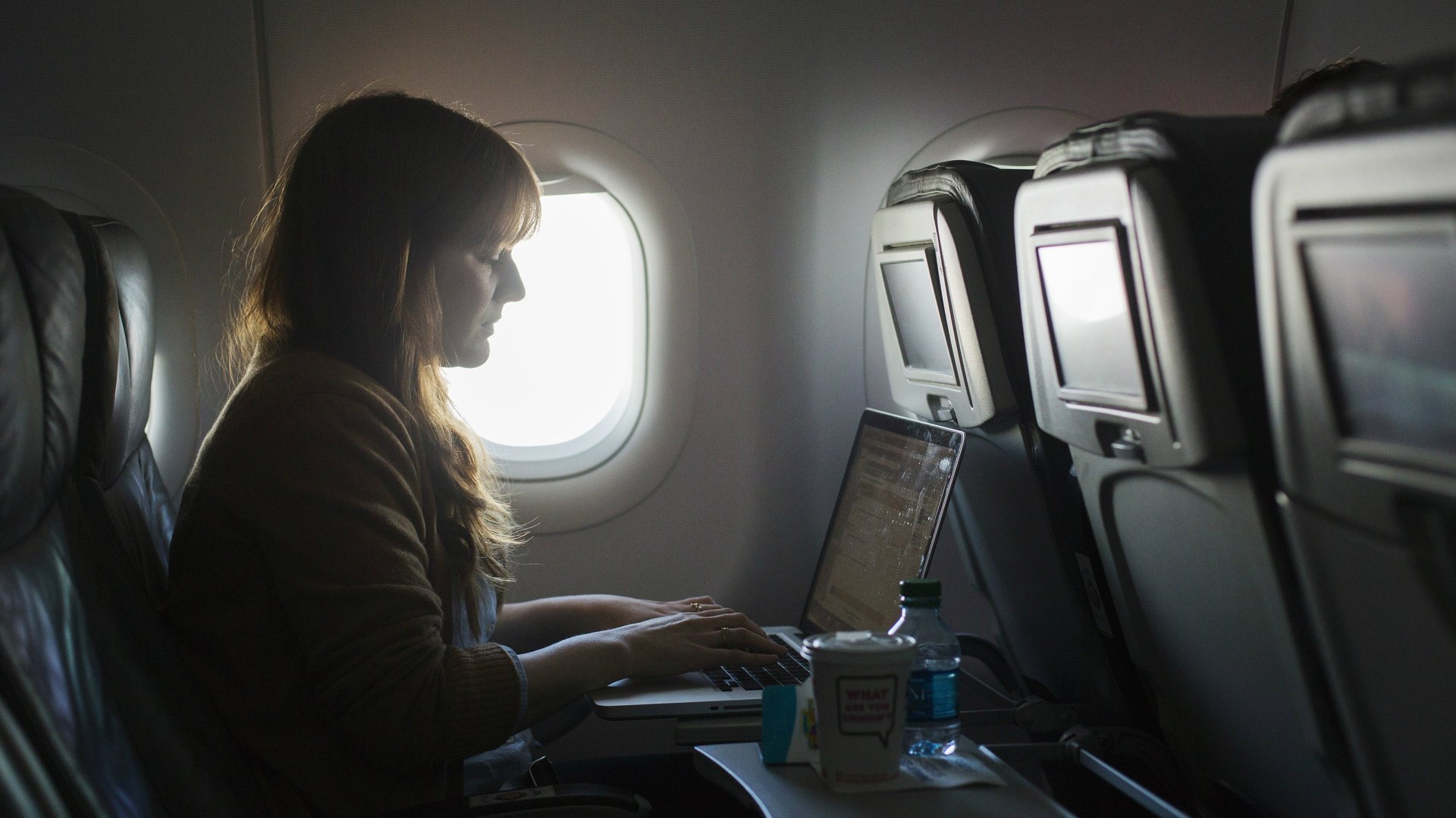It’s going to get worse: The US is poised to ban laptops on flights from Europe
In March, the US government prohibited passengers from bringing electronics larger than a cell phone in the cabins of nonstop flights to the US from 10 airports in the Middle East and North Africa, citing concerns that terrorists could use the devices to carry explosives on board. Passengers on those routes are required to store these devices in their checked luggage. The British government followed suit with its own ban on UK-bound flights from the Middle East days later.


In March, the US government prohibited passengers from bringing electronics larger than a cell phone in the cabins of nonstop flights to the US from 10 airports in the Middle East and North Africa, citing concerns that terrorists could use the devices to carry explosives on board. Passengers on those routes are required to store these devices in their checked luggage. The British government followed suit with its own ban on UK-bound flights from the Middle East days later.
Now, the Trump administration is considering expanding its ban on laptops to commercial US-bound flights from Europe.
A Department of Homeland Security spokesman told Quartz that a final decision on whether to extend the ban to Europe has not been made. Officials are debating whether storing large numbers of electronic devices that take lithium-ion batteries in the cargo hold poses a risk of explosions and airlines have stocked their cabins with fire containment bags into their cabins following an increase in battery fires on board.
European airlines Lufthansa and Air France-KLM told Bloomberg News that they are already preparing for the new restrictions—and a wider ban may be painful for both European and US carriers, which are competing for trans-Atlantic business. High-paying business travelers may opt for cheaper tickets in coach if they’re not going to sprawl out in in business class to get hours of work done. It also may deter travelers from visiting the United States.
Nearly a quarter of foreign visitors to the US came from Europe in 2015—and some of the most lucrative. Popular US tourist destinations like New York depends heavily on foreign visitors because they outspend their domestic counterparts.
This surely won’t make the US more inviting.